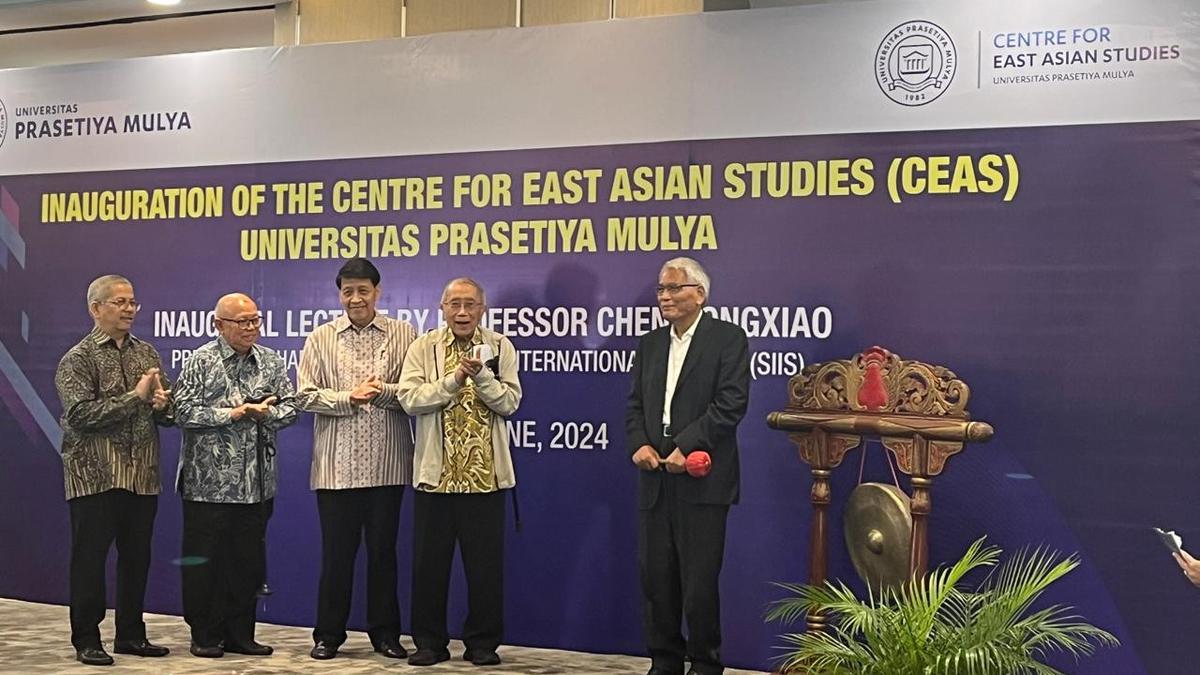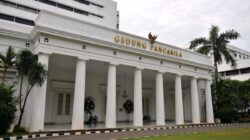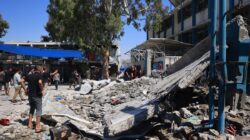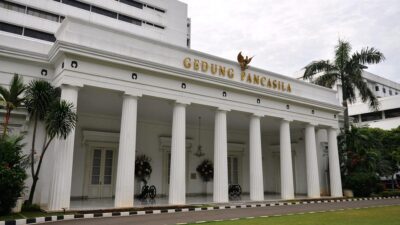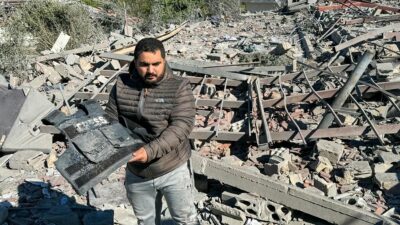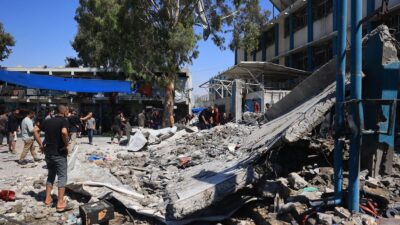Rizal Sukma, as the Executive Director of CEAS/PSAT, closed the launch event by stating that Indonesia will be able to take advantage of various opportunities in the East Asia region if it has many researchers and scholars who understand this region as a strategic environment well.
“Indonesia’s aspirations to become a country of economic and technological advancement, as an important force in the East Asia region, not only require close cooperation with partners and friends in the Asian region, but will also depend on Indonesia’s ability to play a stabilizing role in the region,” said Rizal, who is also the former Indonesian Ambassador to the UK.
CEAS/PSAT was formed to assist policymakers and business actors in realizing these national aspirations. With the support of an advisory board with experienced diplomats, business professionals, and academics, as well as under the auspices of Prasetya Mulya University, CEAS/PSAT is expected to become a teaching and research platform that can transform challenges into opportunities for Indonesia.
The inauguration event of CEAS/PSAT specifically invited the president of China’s leading think tank, the Shanghai Institute for International Studies (SIIS), Professor Chen Dongxiao, who presented a lecture entitled “Reviving East Asia Community Building: Review and Outlook”.
Chen Dongxiao specializes in studies on the United Nations, China’s foreign policy, and US-China relations.
“In East Asia, governments and academics have long believed that security is a complex concept with many aspects, including territorial integrity and economic development interests. They understand that without economic development, national security and the welfare of citizens cannot be maintained. The relationship between economics and security is not a binary relationship or trade-off; instead, they can and should complement each other. There is also a long-standing belief in the idea that economic cooperation is the foundation of security – that regional economic integration, including integration with neighboring countries, is a source of national security,” as quoted from the lecture delivered by Chen Dongxiao.
